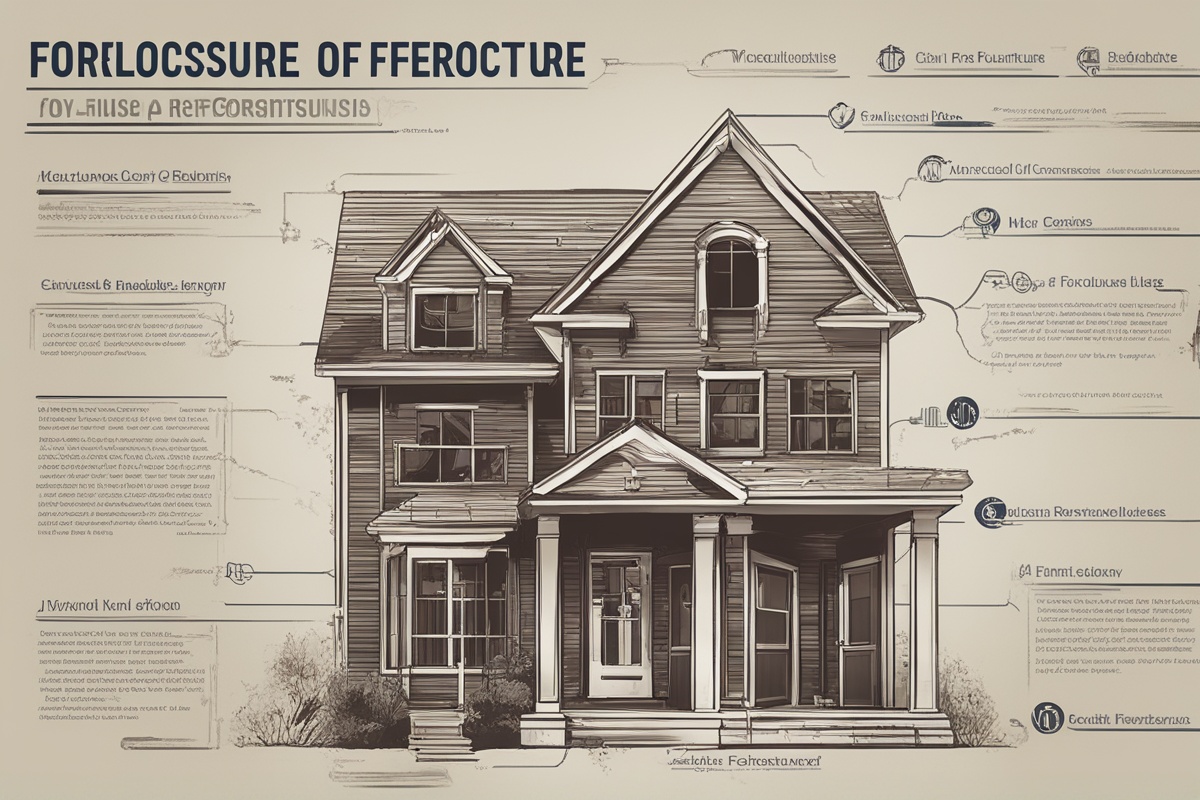Understanding the world of property recovery can be daunting, especially when faced with a plethora of unfamiliar terminology. Whether you’re a homeowner, tenant, or professional in the field, grasping the key terms in property recovery is essential for navigating the process effectively. Property recovery often involves reclaiming or restoring property after events like disasters, legal disputes, or financial distress. In this comprehensive glossary entry, we’ll break down the most critical terms to help you gain clarity and confidence in this complex area.
What Is Property Recovery?
Property recovery refers to the process of reclaiming or restoring ownership, control, or value of a property after it has been lost, damaged, or legally contested. This can occur in various contexts, such as natural disasters, foreclosures, or tenant evictions. Understanding the key terms in property recovery begins with recognizing the scope of the term itself. It encompasses legal, financial, and physical aspects of regaining property or compensating for its loss. For instance, recovery might involve rebuilding a home after a flood or regaining possession of a rental property through legal proceedings.
Essential Legal Terms in Property Recovery
Legal jargon often complicates property recovery processes. Here are some of the most important legal terms you should know:
- Foreclosure: A legal process where a lender takes possession of a property due to the owner’s failure to meet mortgage payments. This often leads to property recovery efforts by the original owner or new buyers.
- Eviction: The legal removal of a tenant from a property by the landlord, typically due to non-payment of rent or lease violations. Recovery in this context refers to the landlord reclaiming the property.
- Title Dispute: A conflict over the legal ownership of a property, which may require recovery actions to establish clear ownership through court rulings.
Understanding these terms can help you navigate legal challenges in property recovery. For more detailed insights into legal processes, check out our guide on Legal Rights in Property Disputes.
Financial Terms Related to Property Recovery
Financial considerations play a significant role in property recovery, especially when dealing with losses or debts. Key financial terms include:
- Insurance Claim: A formal request to an insurance company for coverage or compensation for property damage or loss. This is a critical step in financial recovery after disasters.
- Debt Recovery: The process of reclaiming money owed, often tied to property through mortgages or liens, which can influence ownership recovery.
- Loss Mitigation: Strategies employed by lenders or insurers to minimize financial loss, often involving negotiations for property recovery terms.
These financial terms are vital for anyone seeking to recover property value after an adverse event. Learn more about managing property finances in our post on Property Insurance Basics.
Disaster Recovery Terms for Property Owners
Disasters such as floods, fires, or earthquakes often necessitate property recovery. Familiarizing yourself with disaster-related terms can streamline the process:
- Damage Assessment: The evaluation of property damage after a disaster, often conducted by professionals to determine the extent of loss and recovery needs.
- Restoration: The act of repairing or rebuilding a property to its pre-damage condition, a key component of physical property recovery.
- FEMA Assistance: Aid provided by the Federal Emergency Management Agency to property owners in the U.S. for recovery after declared disasters.
For additional resources on disaster recovery, explore our article on Disaster Preparedness for Homeowners.
Common Challenges in Understanding Property Recovery Terms
One of the biggest hurdles in property recovery is the complexity and overlap of terms across legal, financial, and disaster contexts. For example, the term “recovery” itself can refer to regaining possession, financial compensation, or physical restoration, depending on the situation. Misinterpreting these key terms in property recovery can lead to costly mistakes, such as filing the wrong type of claim or misunderstanding legal rights. To avoid such pitfalls, it’s advisable to consult with experts or refer to trusted resources. Our detailed breakdown of Property Recovery Strategies can provide further clarity.
Why Knowing Key Terms in Property Recovery Matters
Being well-versed in the key terms in property recovery empowers property owners, tenants, and professionals to make informed decisions. Whether you’re negotiating with insurance providers, pursuing legal action, or planning disaster recovery, a solid grasp of terminology ensures you’re not caught off guard. It also facilitates clearer communication with lawyers, insurers, and contractors, reducing the risk of misunderstandings. To deepen your knowledge, consider reading our related post on Understanding Property Loss.
Disclaimer: The information provided in this article is for general informational purposes only and should not be considered legal, financial, or professional advice. Property recovery processes and terminology can vary by location and specific circumstances. We strongly recommend consulting with qualified professionals, such as attorneys or insurance advisors, before taking any actions related to property recovery. The authors and publishers of this content are not responsible for any decisions or actions taken based on the information provided.
References
- Federal Emergency Management Agency (FEMA) – Individual Assistance
- Insurance Information Institute – What Is Covered by a Standard Homeowners Policy
- U.S. Department of Housing and Urban Development (HUD) – Foreclosure Information
- Nolo – Eviction Notices for Lease Violations
- Consumer Financial Protection Bureau – What Is Loss Mitigation?
This content is for informational purposes only and not a substitute for professional advice.





